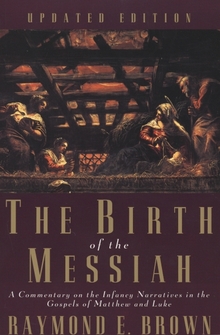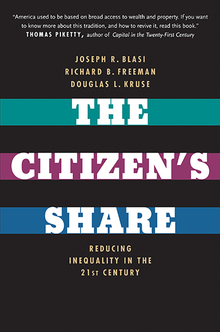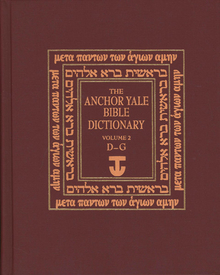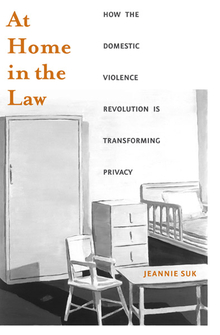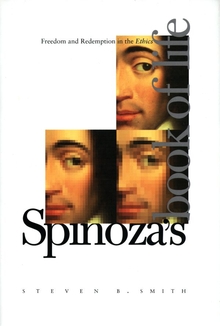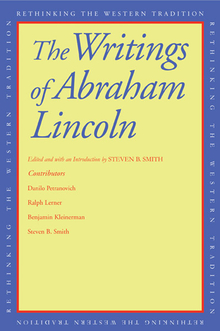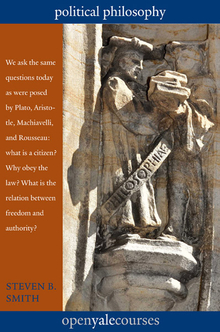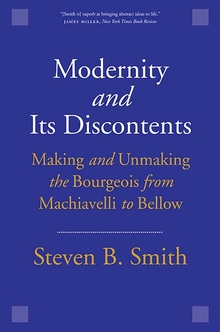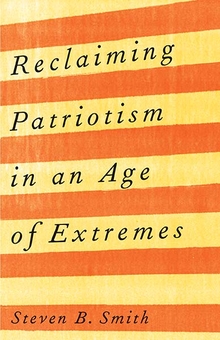Spinoza, Liberalism, and the Question of Jewish Identity
WARNING
You are viewing an older version of the Yalebooks website. Please visit out new website with more updated information and a better user experience: https://www.yalebooks.com
Steven B. Smith
Focusing on Spinoza's Theologico-Political Treatise, Smith argues that Spinoza was the first thinker of note to make the civil status of Jews and Judaism (what later became known as the Jewish Question) an essential ingredient of modern political thought. Before Marx or Freud, Smith notes, Spinoza recast Judaism to include the liberal values of autonomy and emancipation from tradition. Smith examines the circumstances of Spinoza's excommunication from the Jewish community of Amsterdam, his skeptical assault on the authority of Scripture, his transformation of Mosaic prophecy into a progressive philosophy of history, his use of the language of natural right and the social contract to defend democratic political institutions, and his comprehensive comparison of the ancient Hebrew commonwealth and the modern commercial republic. According to Smith, Spinoza's Treatise represents a classic defense of religious toleration and intellectual freedom, showing them to be necessary foundations for political stability and liberal regimes. In this study Smith examines Spinoza's solution to the Jewish Question and asks whether a Judaism, so conceived, can long survive.
"In this work of exemplary clarity, Steven Smith opens the way to a view of the theologico-political problem in its true dimensions as transcending the Enlightenment to permeate the human condition at large."—Joseph Cropsey, Department of Political Science, University of Chicago
"Steven Smith's lucid and compelling argument for writing Spinoza into the political theory canon is also a profound meditation on the Spinozan theme of religion and republican liberty."—Michael Walzer
"An important book, elevating Spinoza to a deserved place beside Hobbes and Locke as one of the founders of modern political philosophy and showing the importance of 'the Jewish Question' for the whole meaning of modern liberalism."—Nathan Tarcov
"This is a wonderfully clear, insightful, and comprehensive account of the genuine significance of Spinoza's neglected political philosophy. Smith restores Spinoza to his rightful place in the history of political thought as one of the leading philosophical founders of modern liberalism."—Ronald Beiner
"The book is clearly written and reveals a mastery of the writings of classical political theory. No other book covers this ground; it should be in every university library."—Choice
"This volume is written for graduate students and professionals with interests in the life and times of Spinoza or the history of political thought. It is a welcome study of Spinoza's political theories, enabling readers to go beyond theology and biblical criticism to understand his writing in the context of practical politics, both in Spinoza's time and in our own."—Seth Ward, History
"Steven B. Smith provides a subtle and delicately nuanced reconstruction of Spinoza's profound, but of late sadly neglected, critical examination of the Bible. . . . Spinoza's biblical hermeneutics, as well as the liberal lessons he derived from them, remain today as germane and instructive as they were when first formulated. Smith's book offers a marvelously compelling introduction to them both and is strongly commended to all attracted to religion but unwilling or unable to subordinate the independent use of their critical faculties to any of its many votaries."—David Conway, Jewish Chronicle
"Smith's immensely readable prose makes this an ideal supplementary text for undergraduates or graduate students wrestling with the Treatise."—Martin Kavka, Religious Studies Review
"To those interested in the issues of Jewish identity, Jewish emancipation, Enlightenment liberalism, and its commitment to a serious resolution of the 'Jewish Question,' there is much in Professor Smith's book to be admired."—Paul J. Bagley, Review of Metaphysics
"Spinoza's theological political treatise is a neglected masterpiece, a landmark in the history of biblical criticism, and a powerful statement of the case for freedom of thought and expression. Steven Smith's provocative analysis of the themes of this work should do a great deal to help the treatise get the attention it deserves."—Edwin Curley
Publication Date: October 11, 1998


